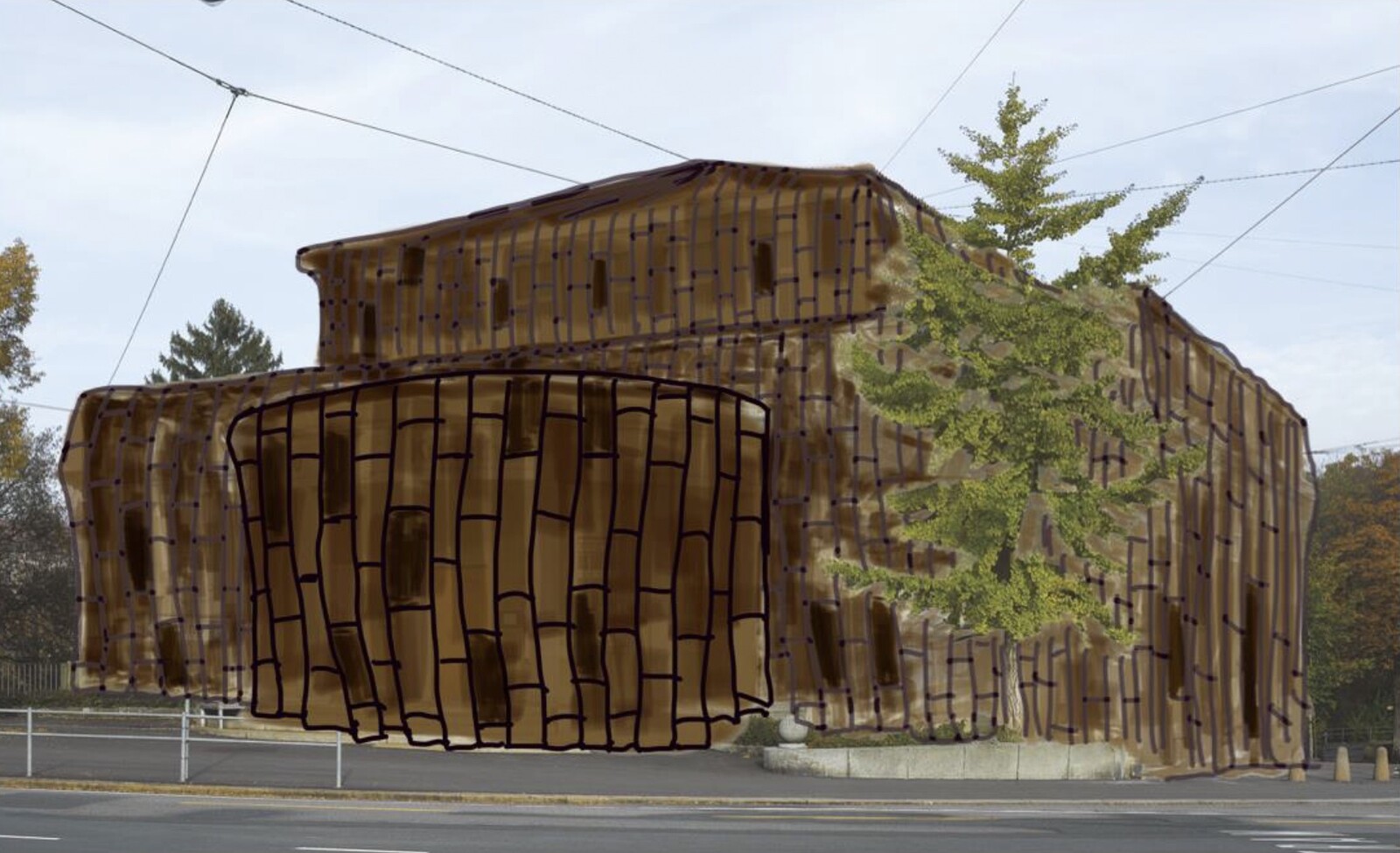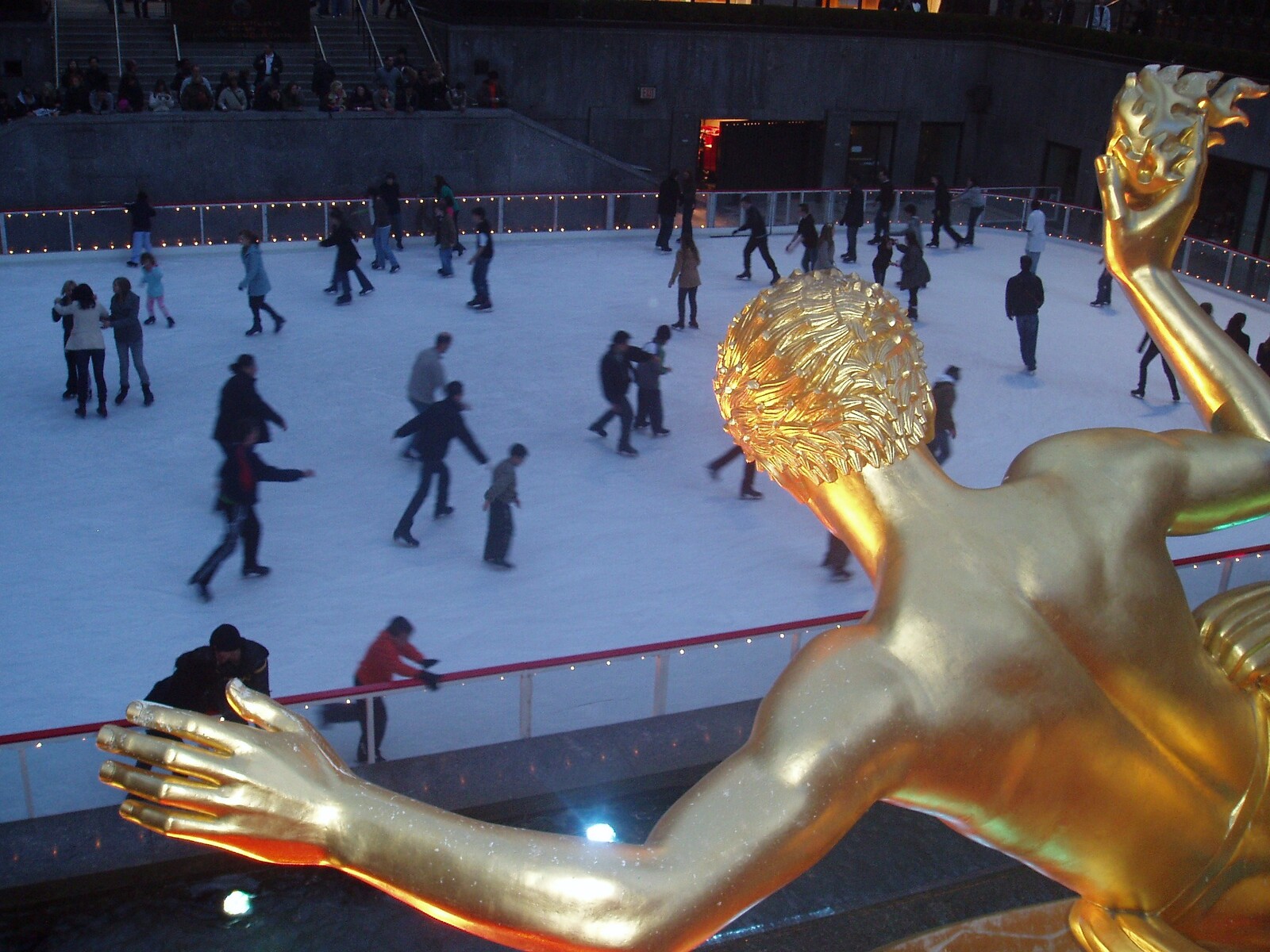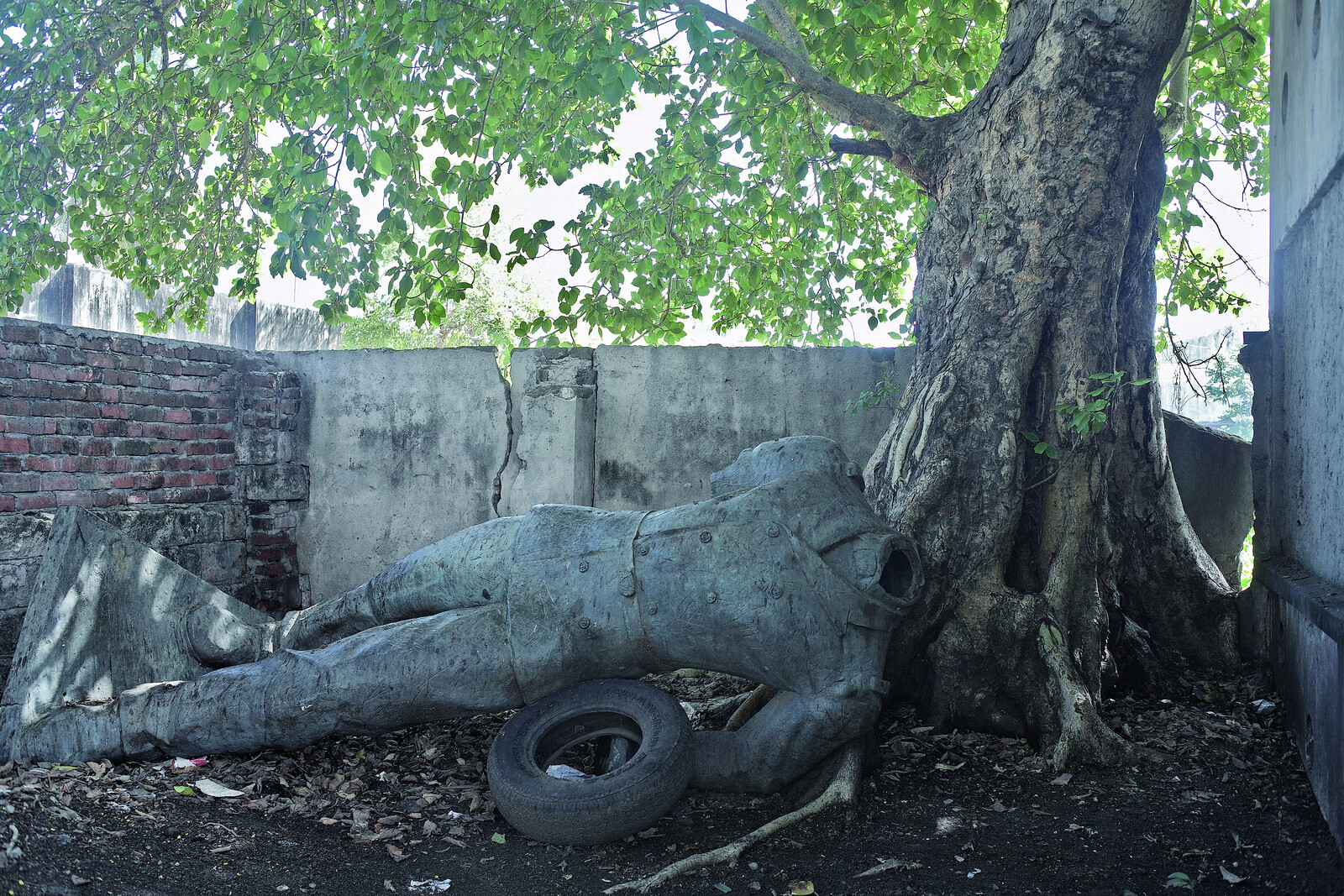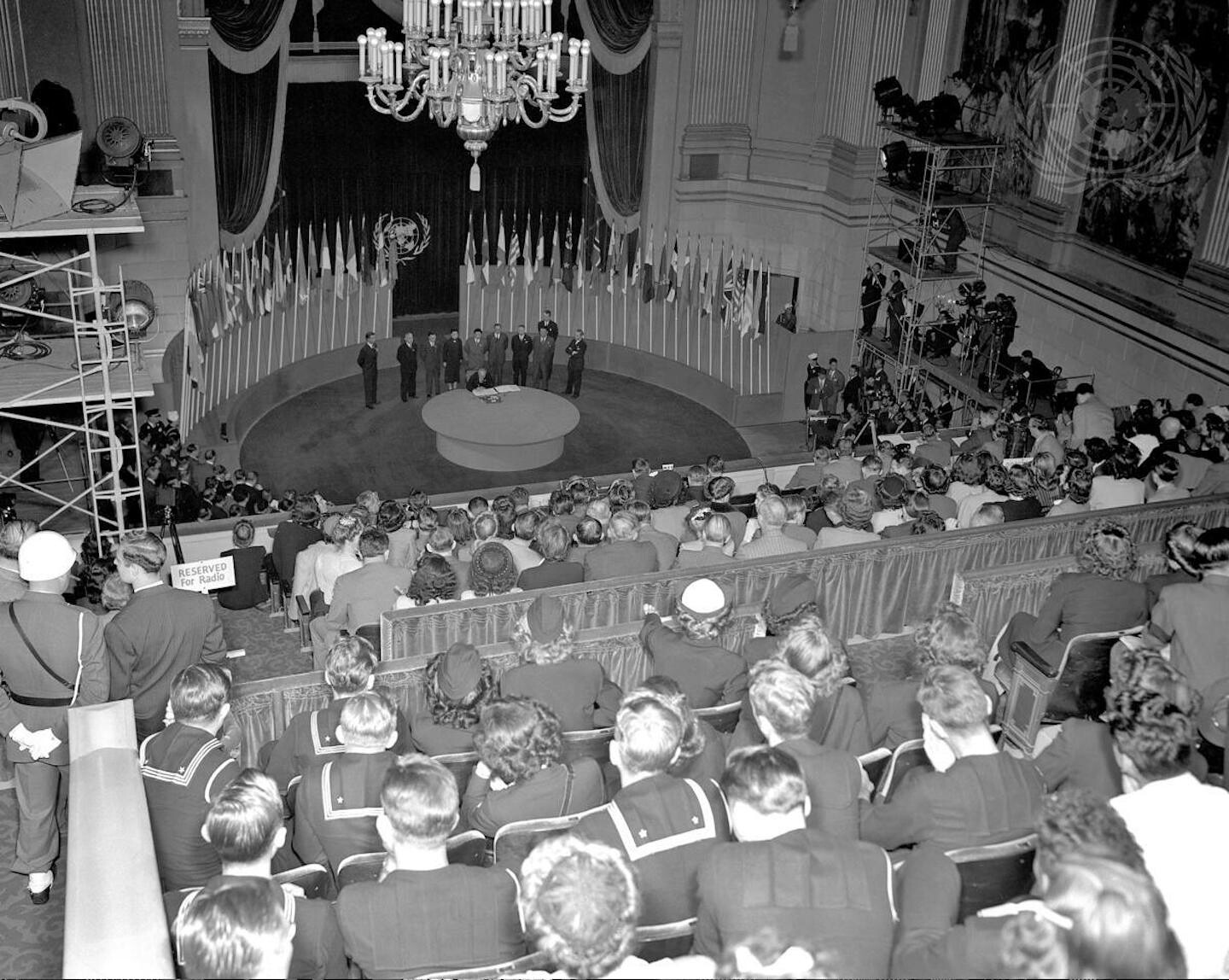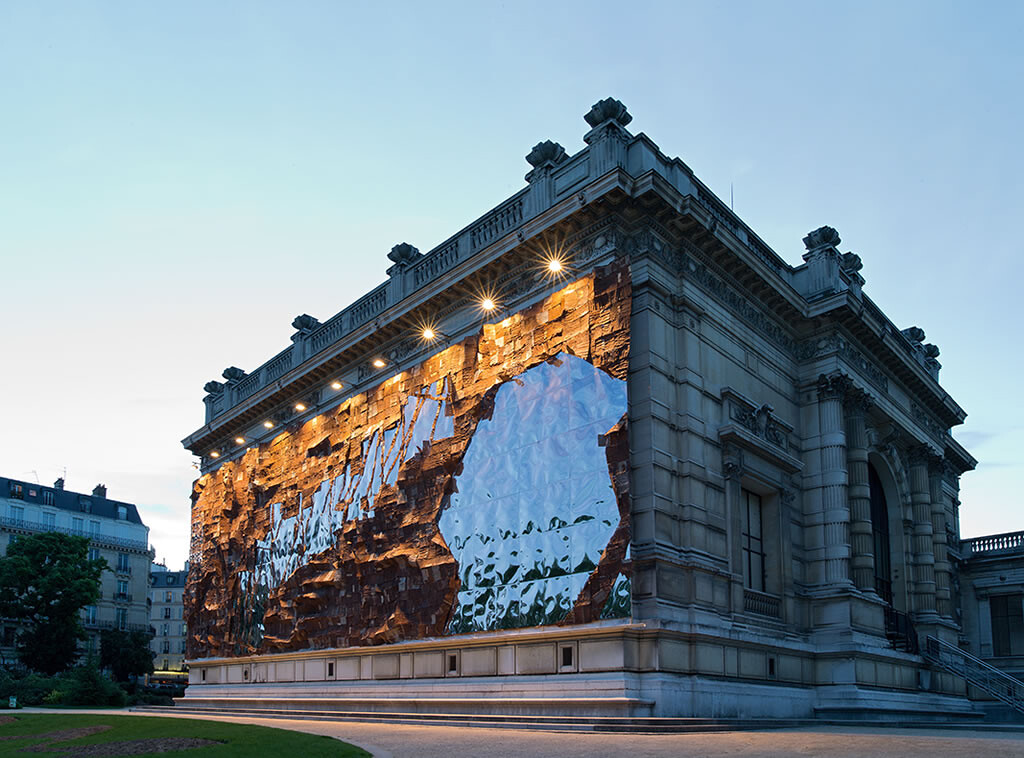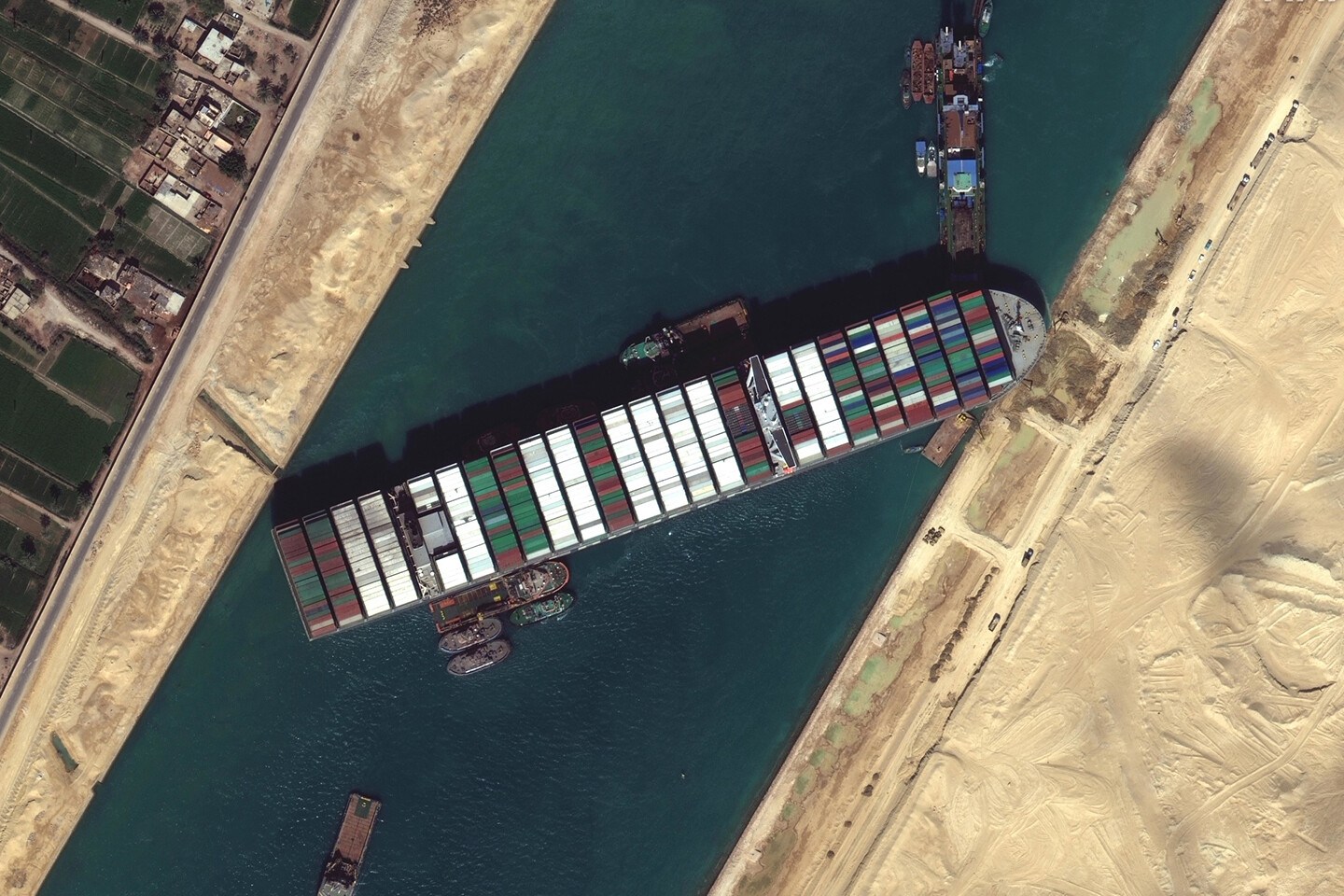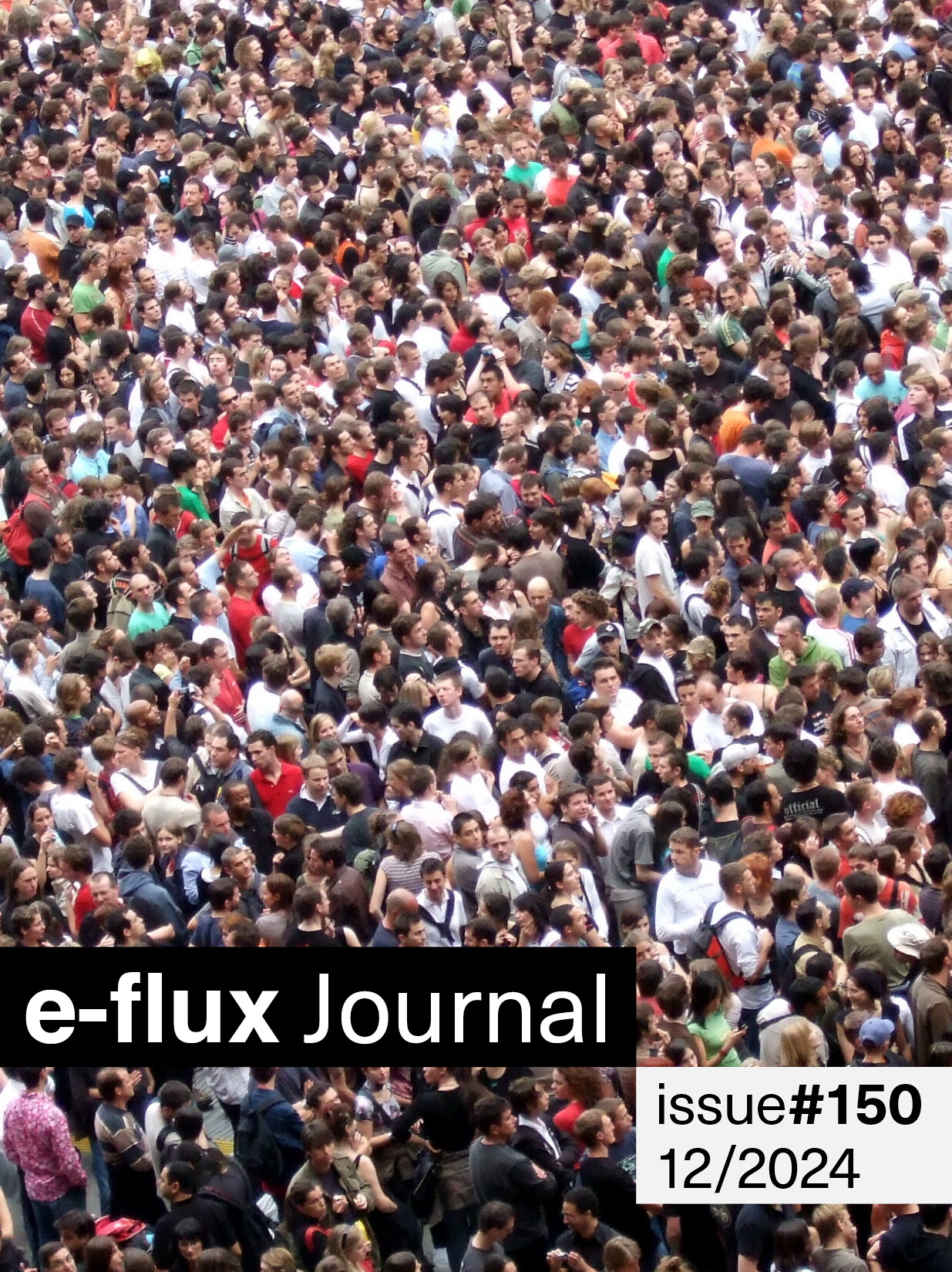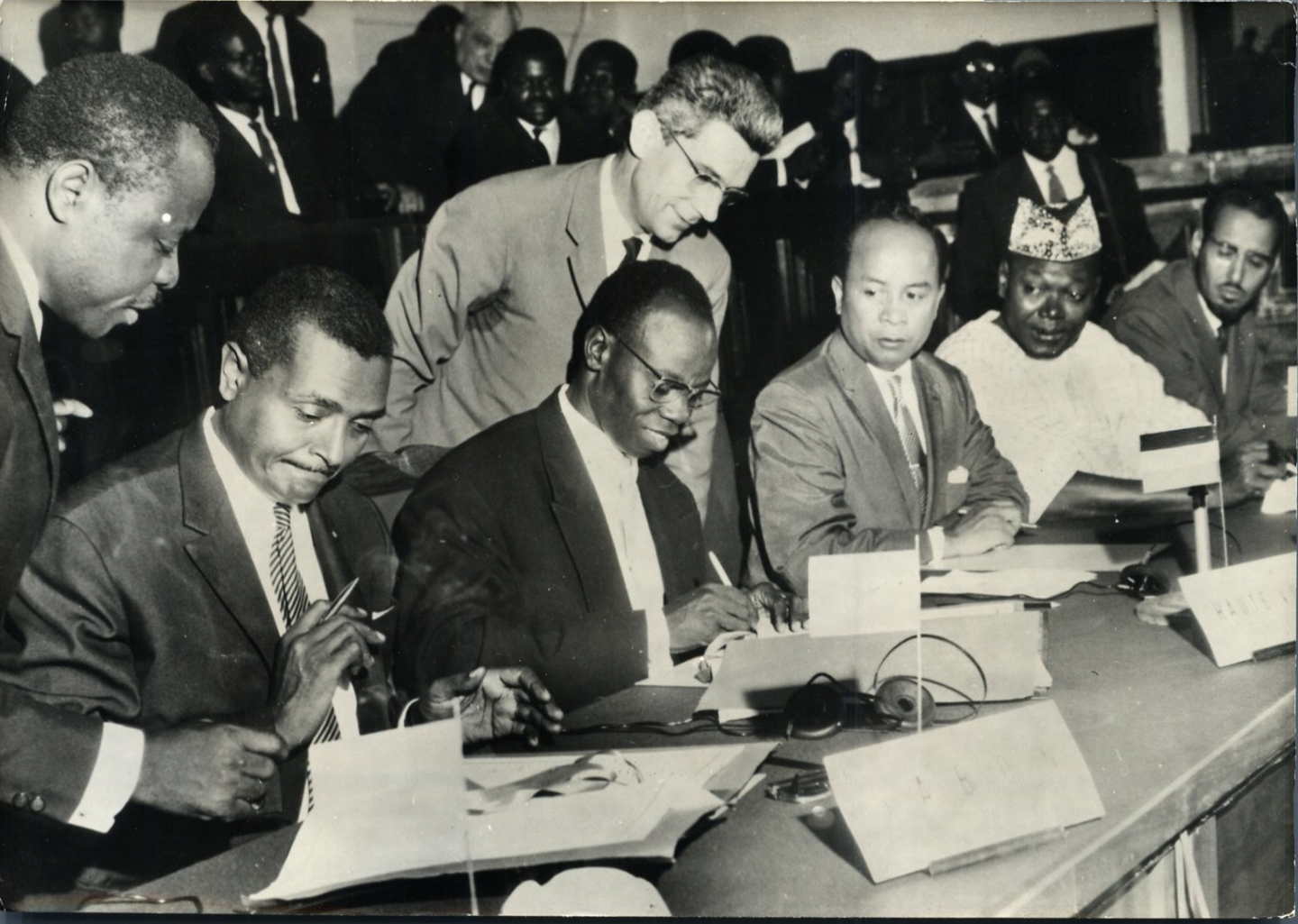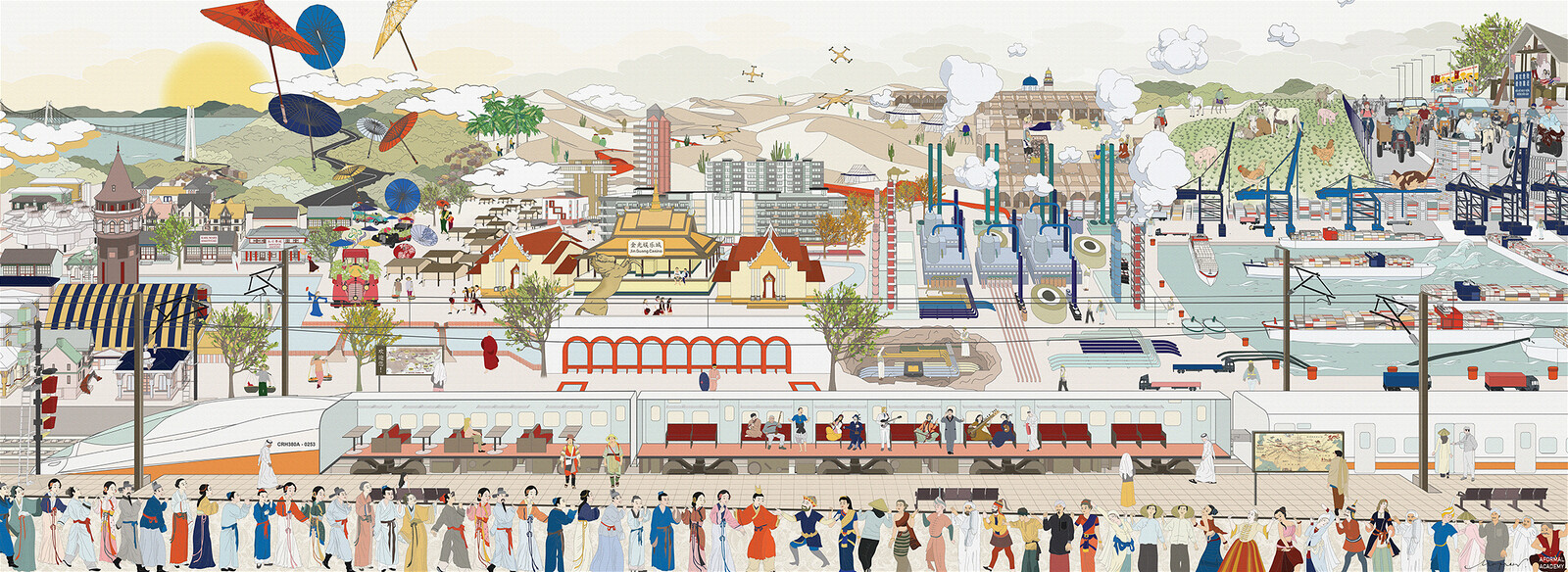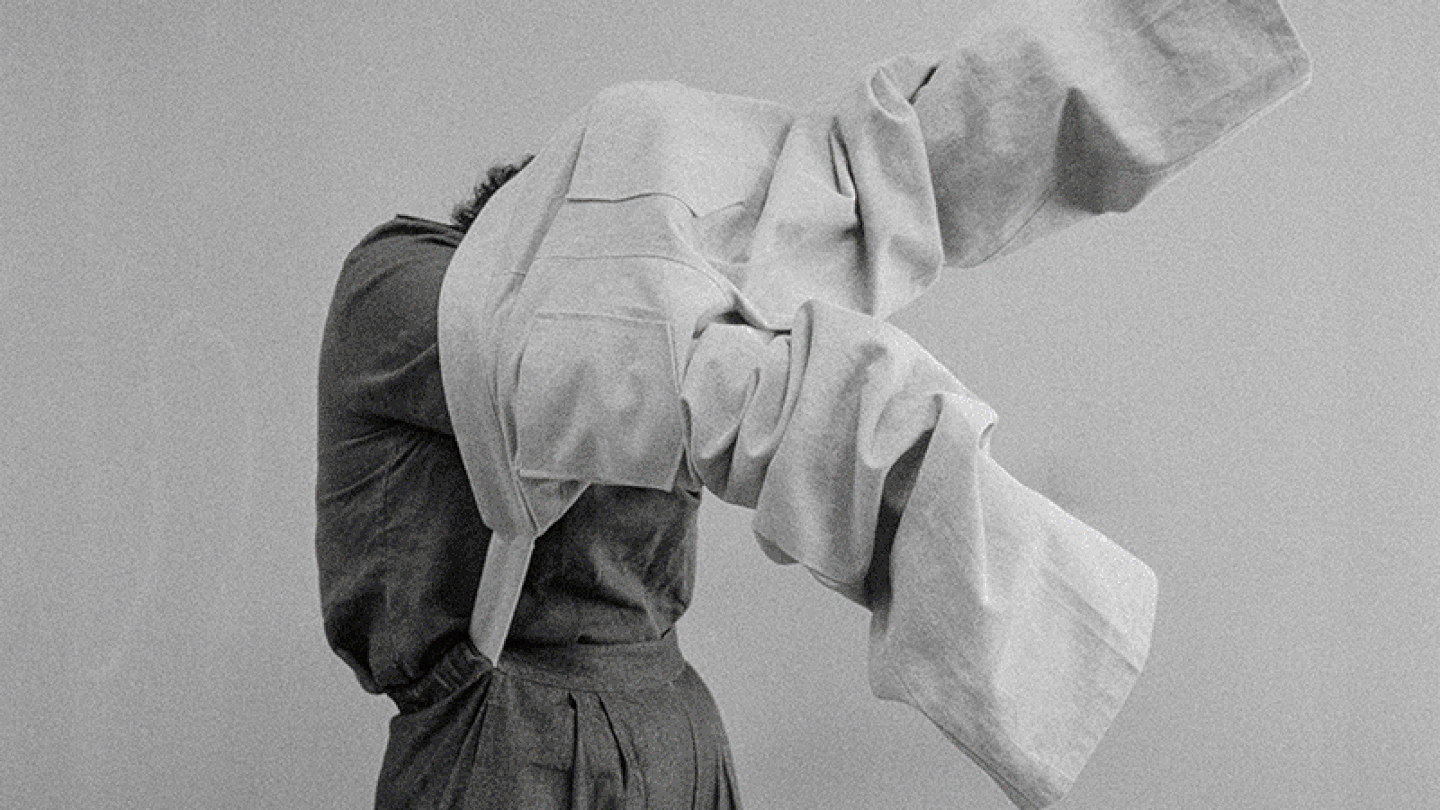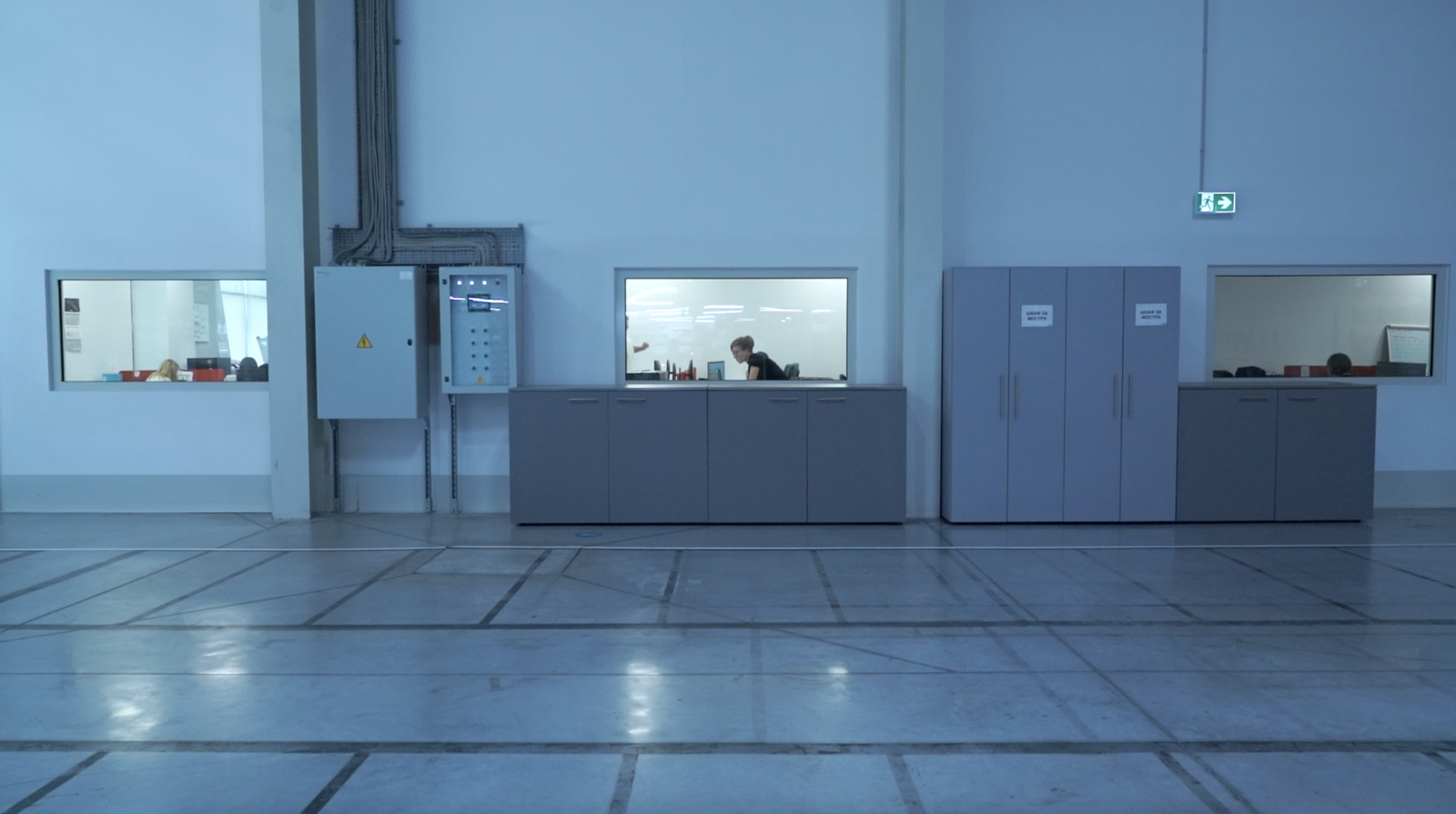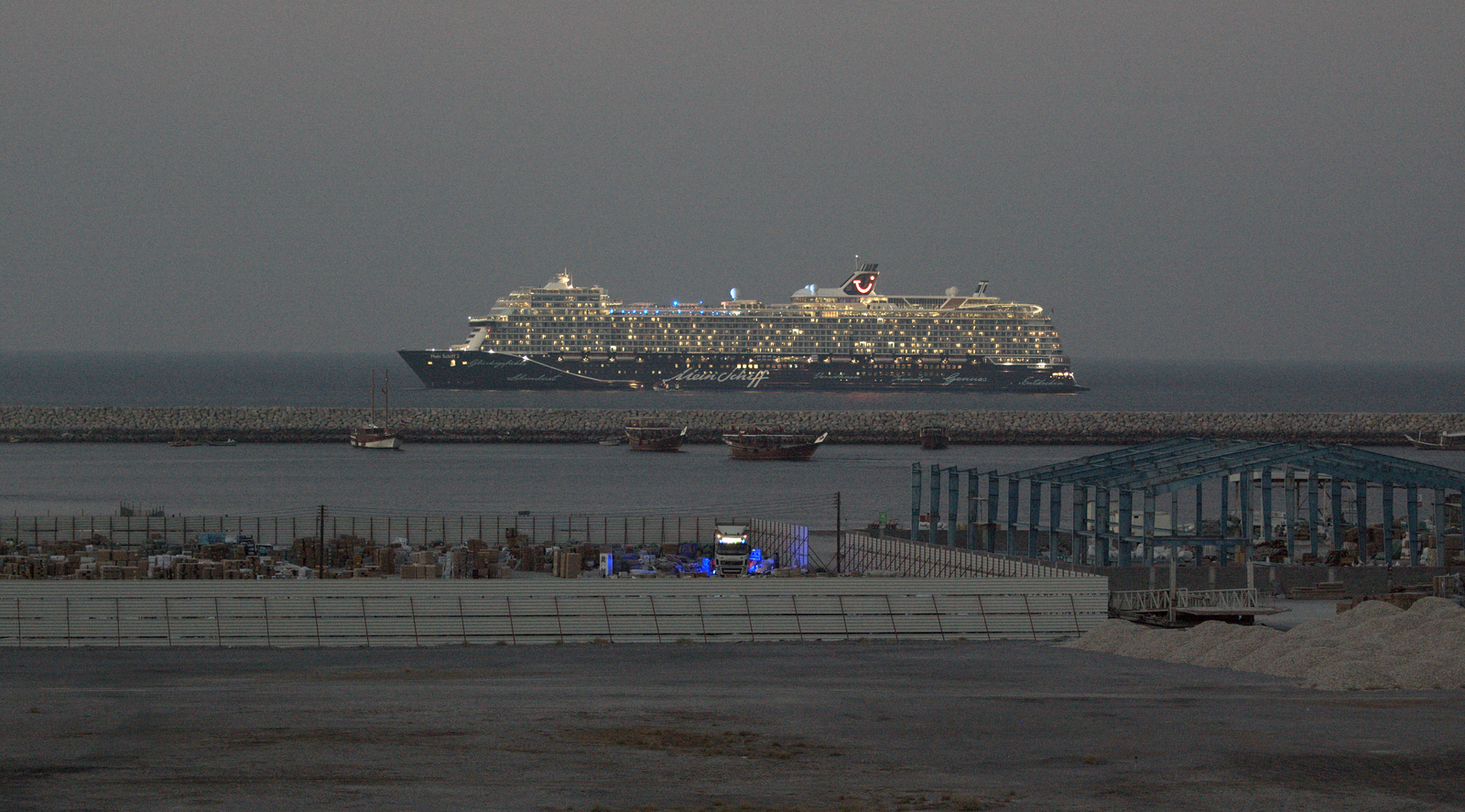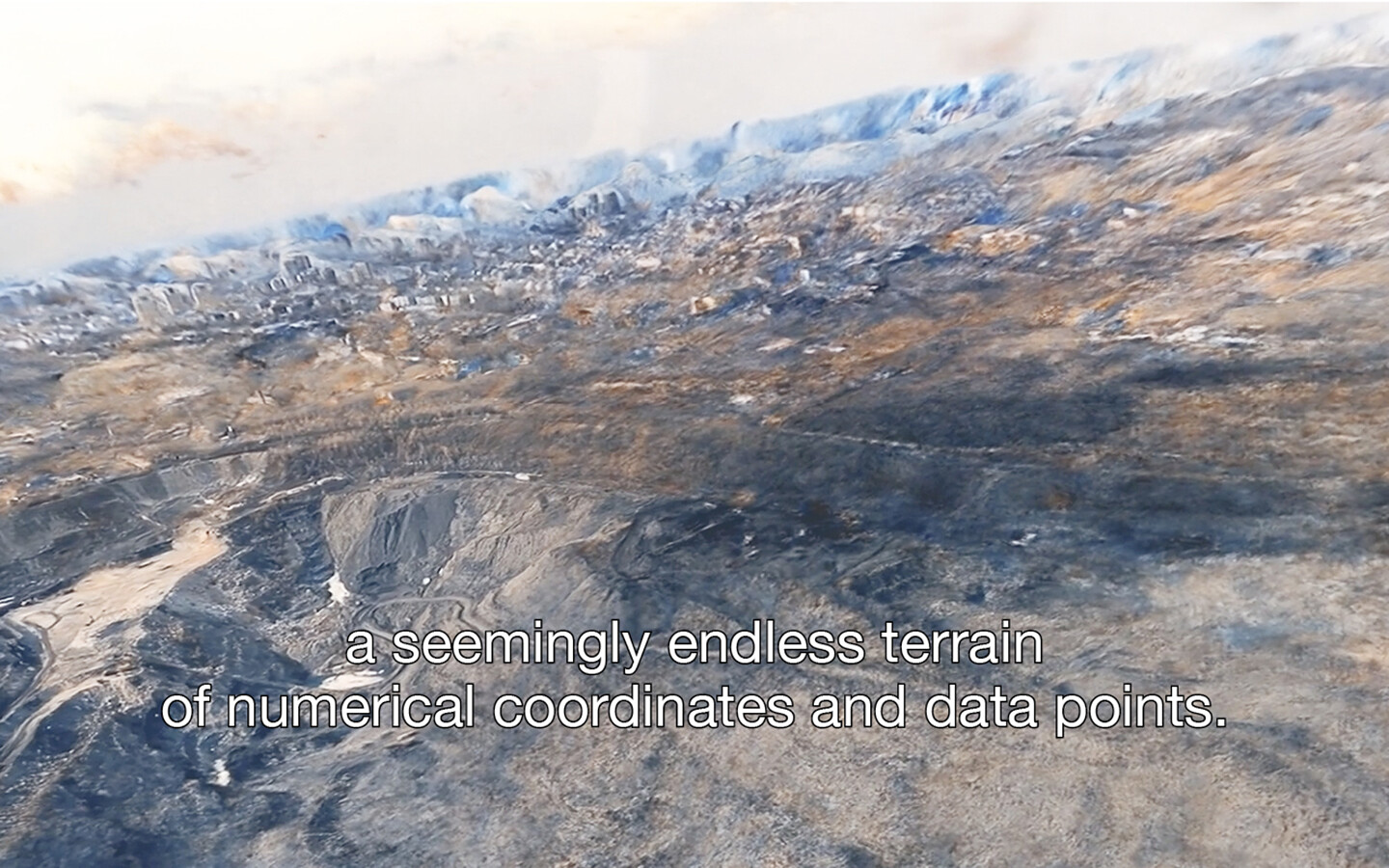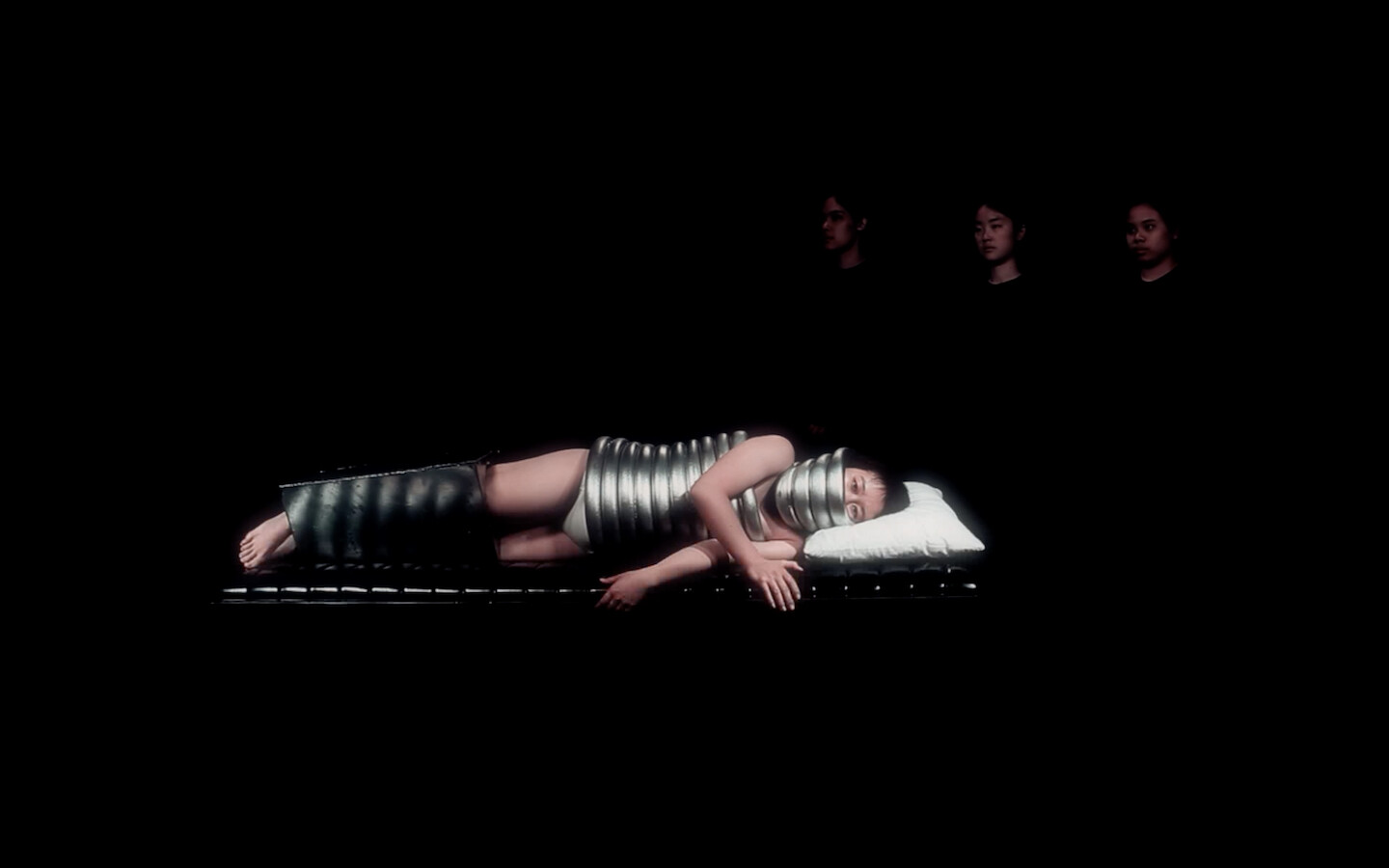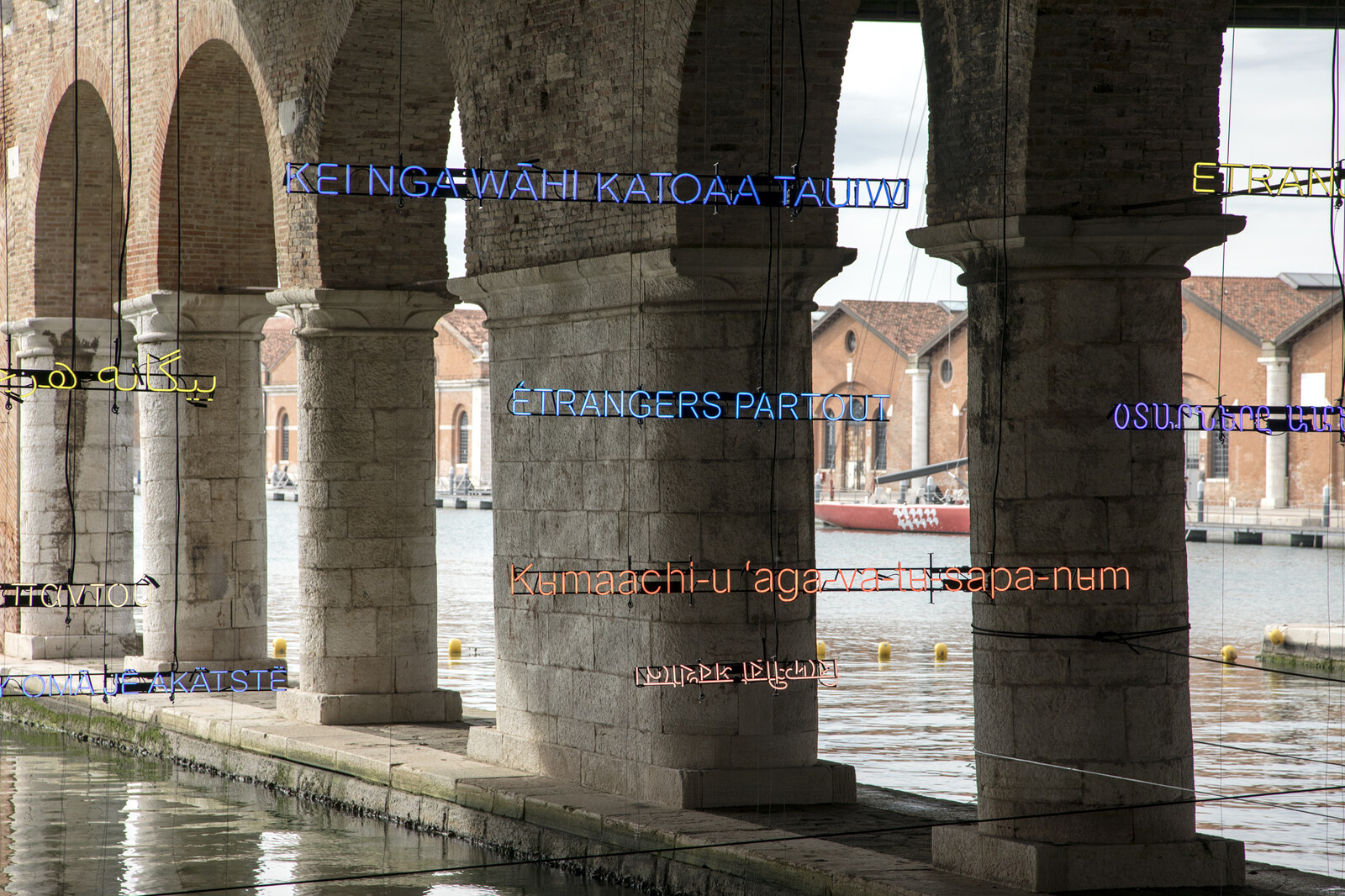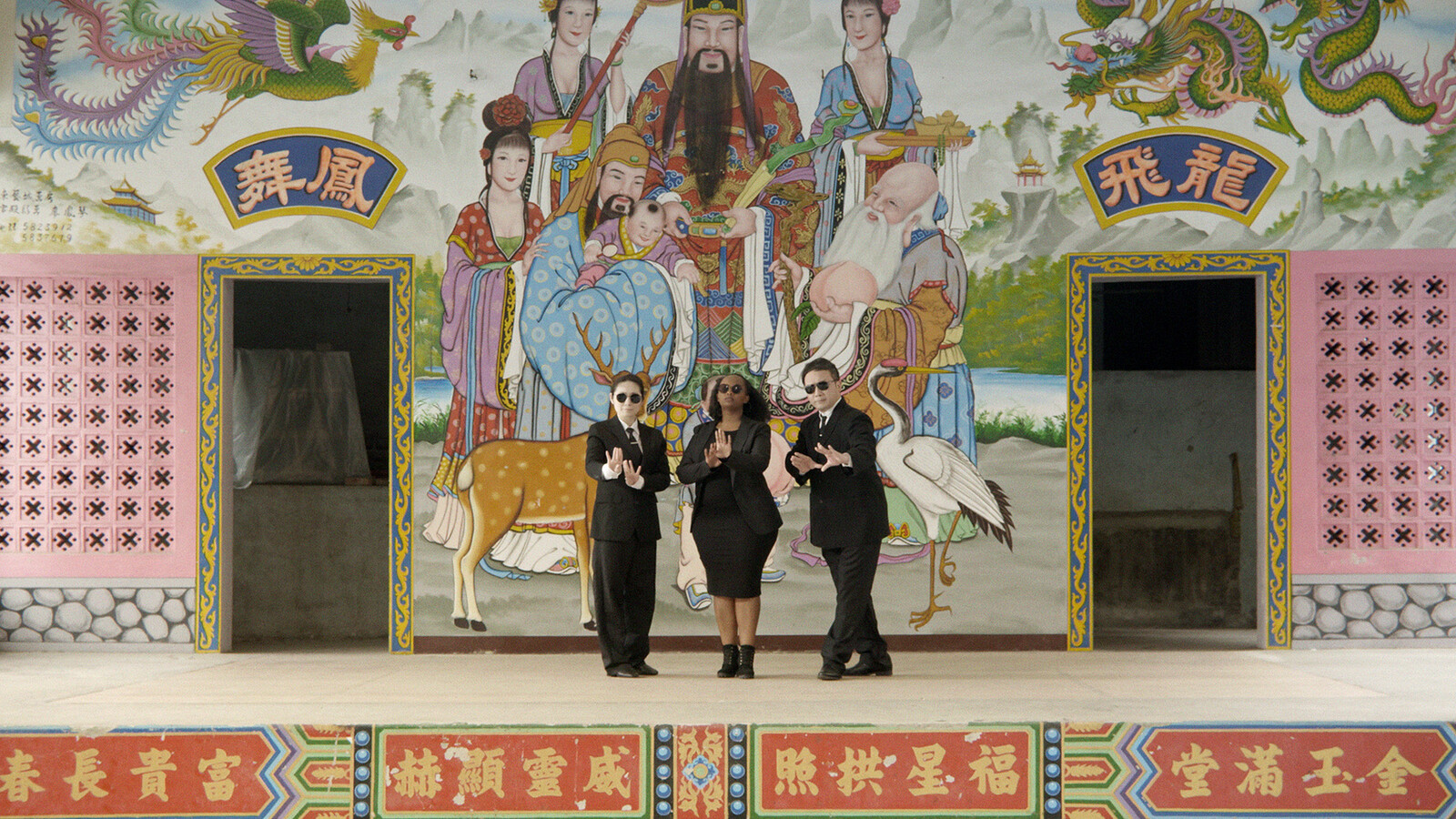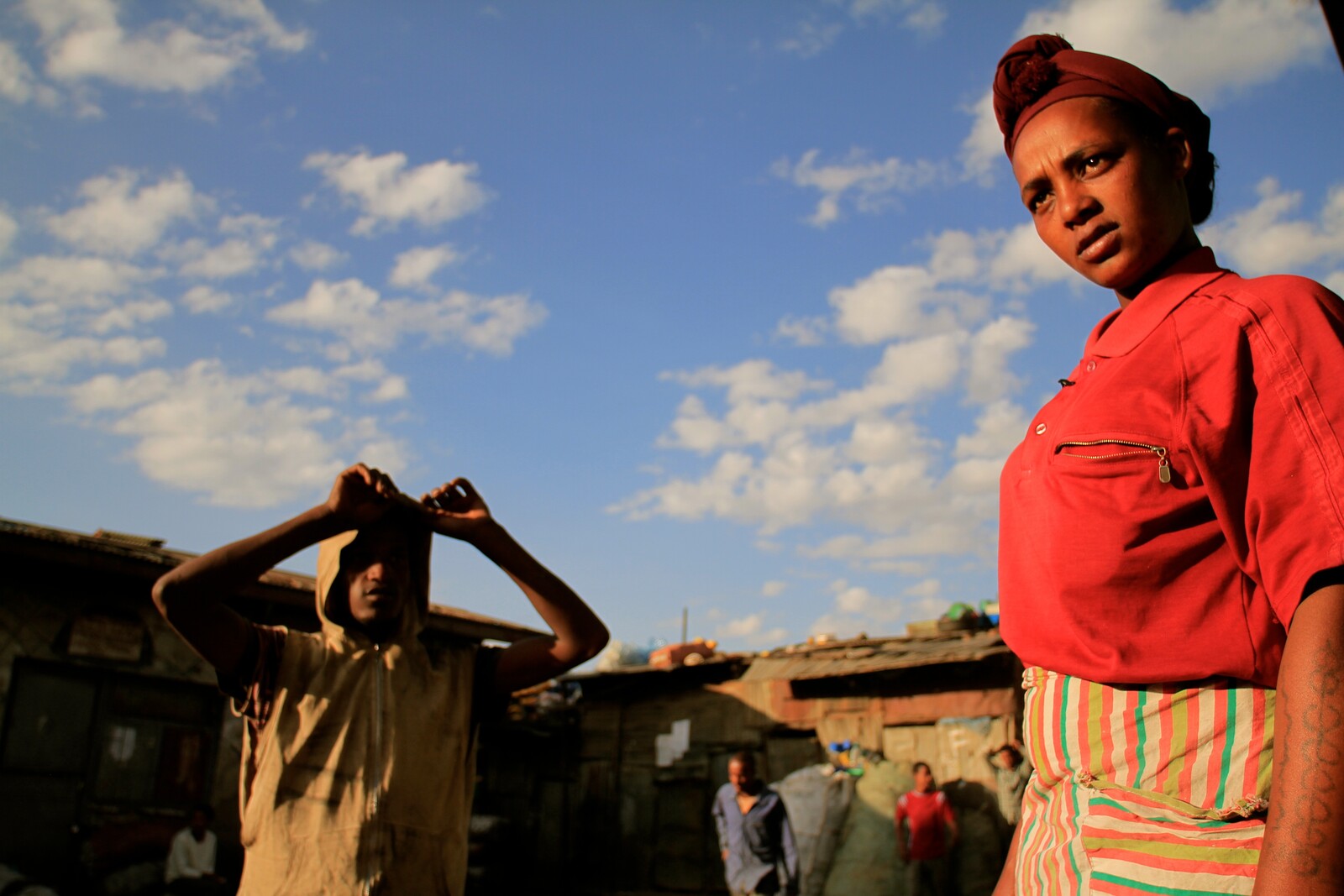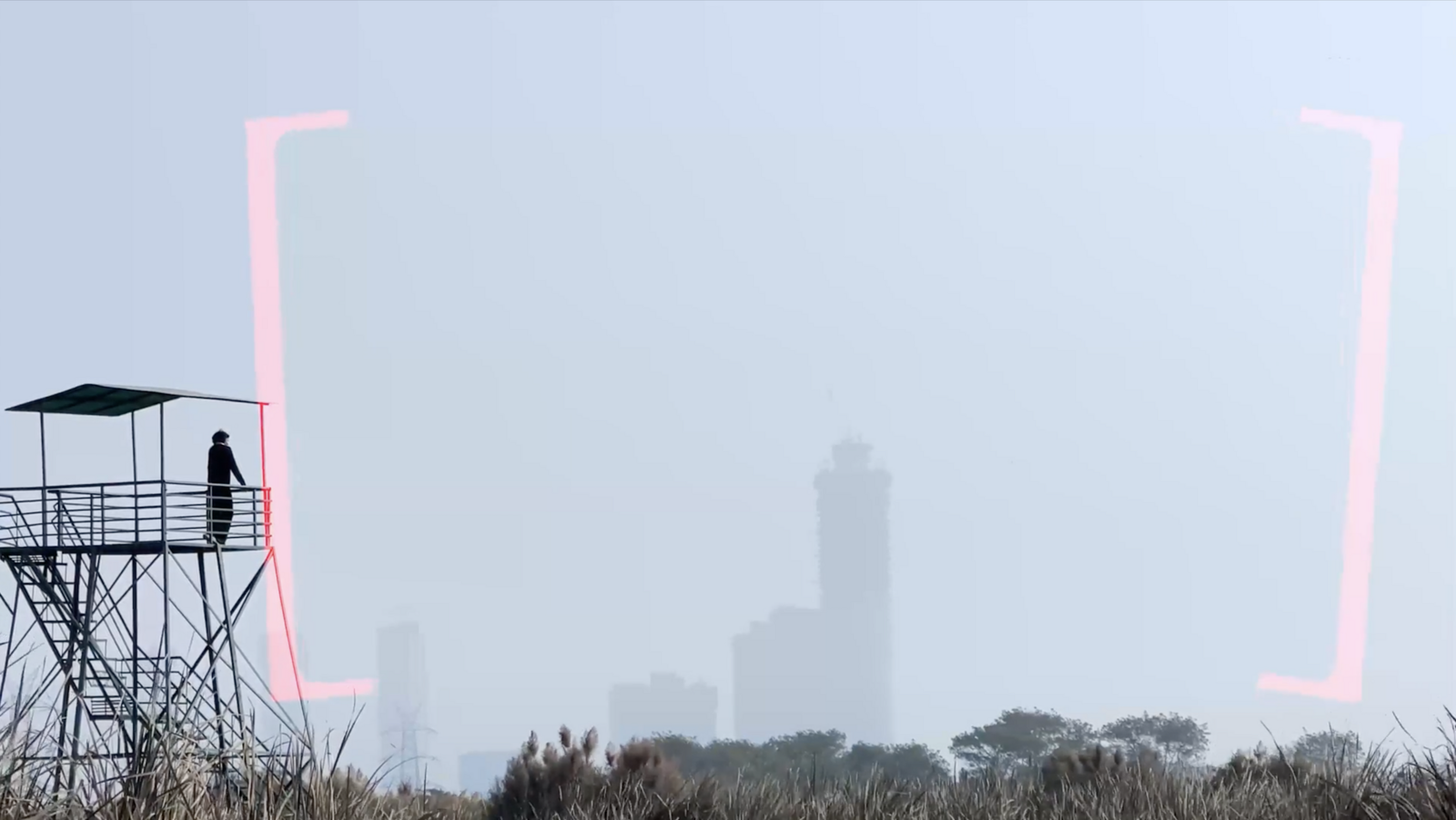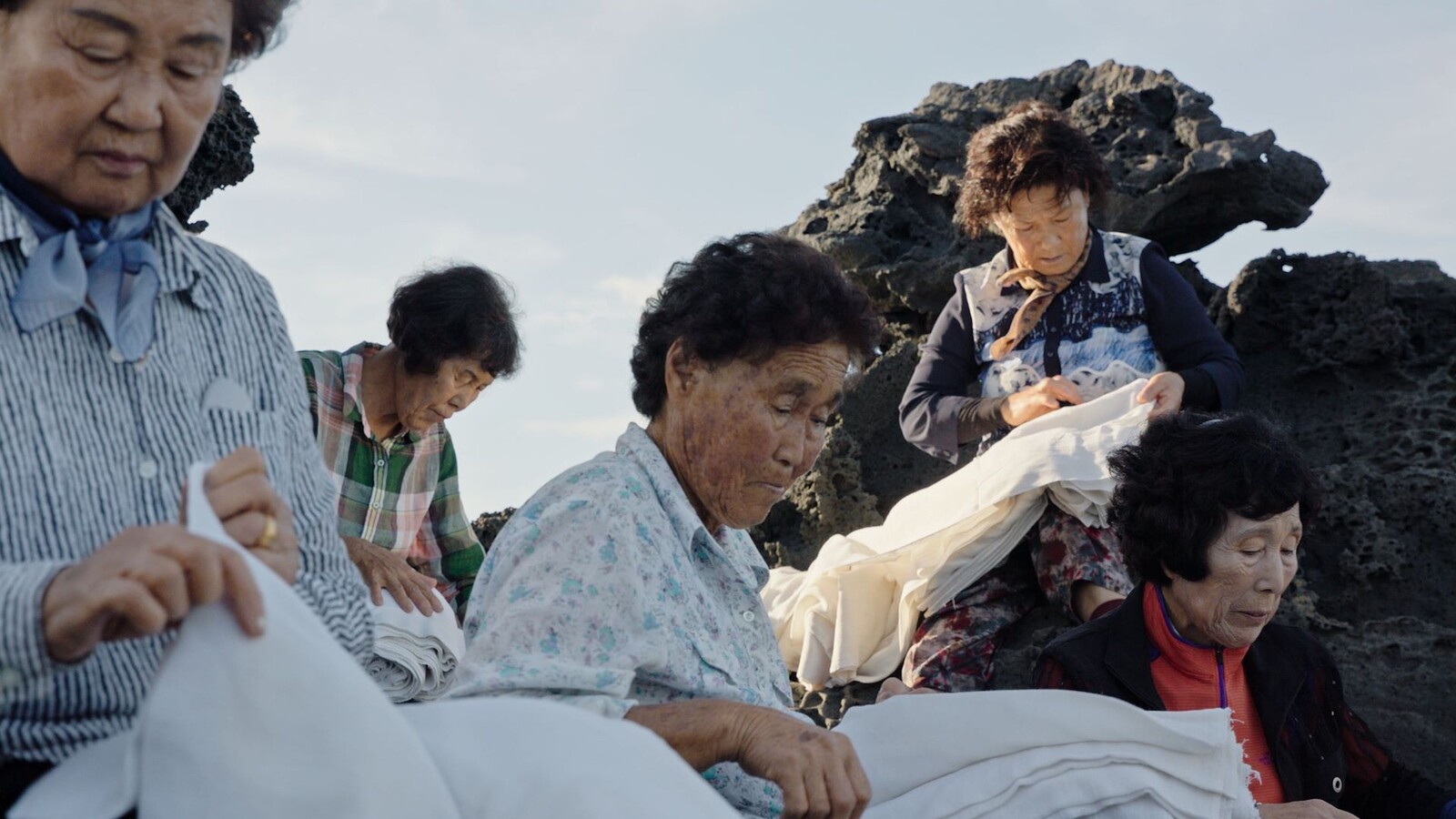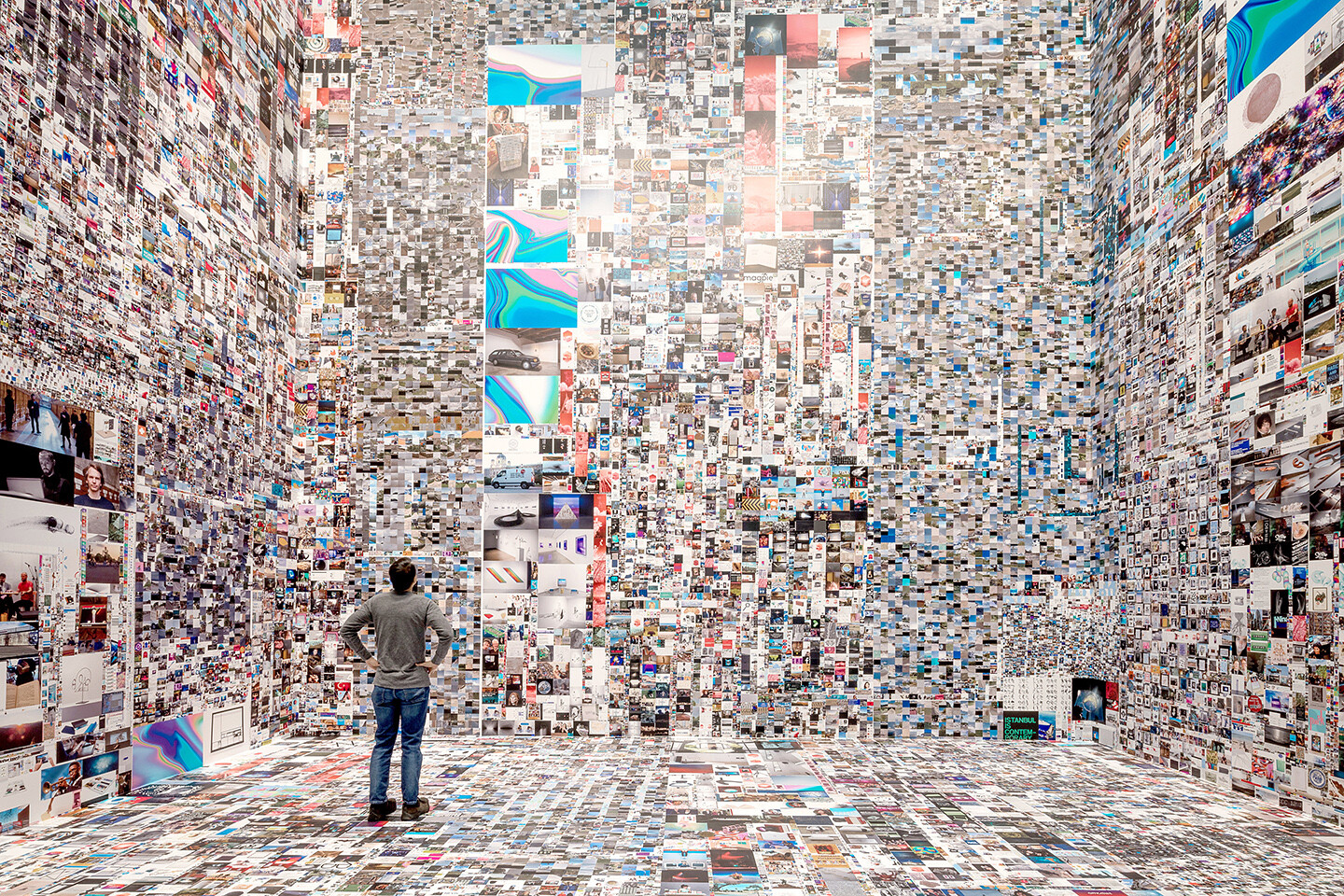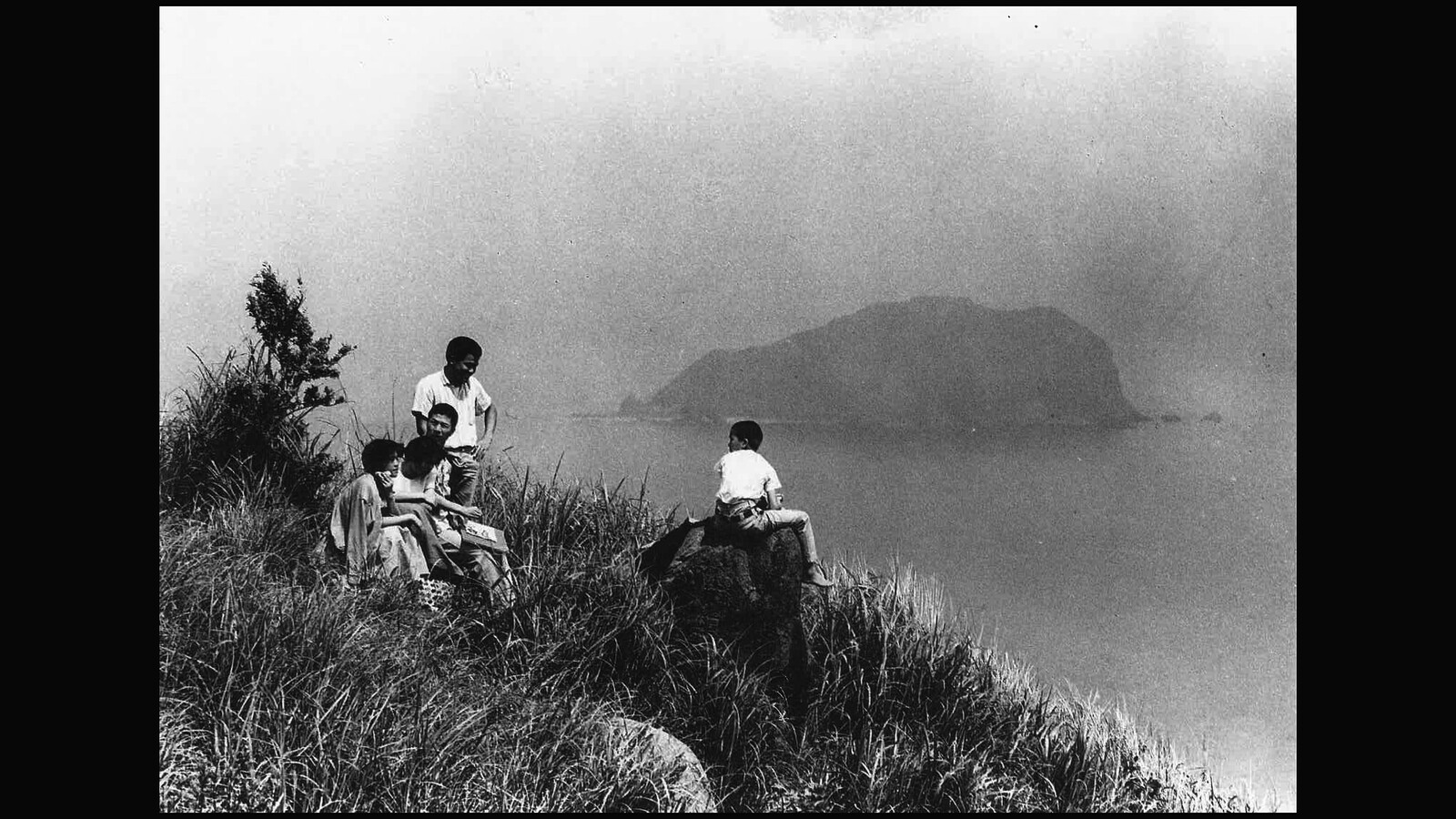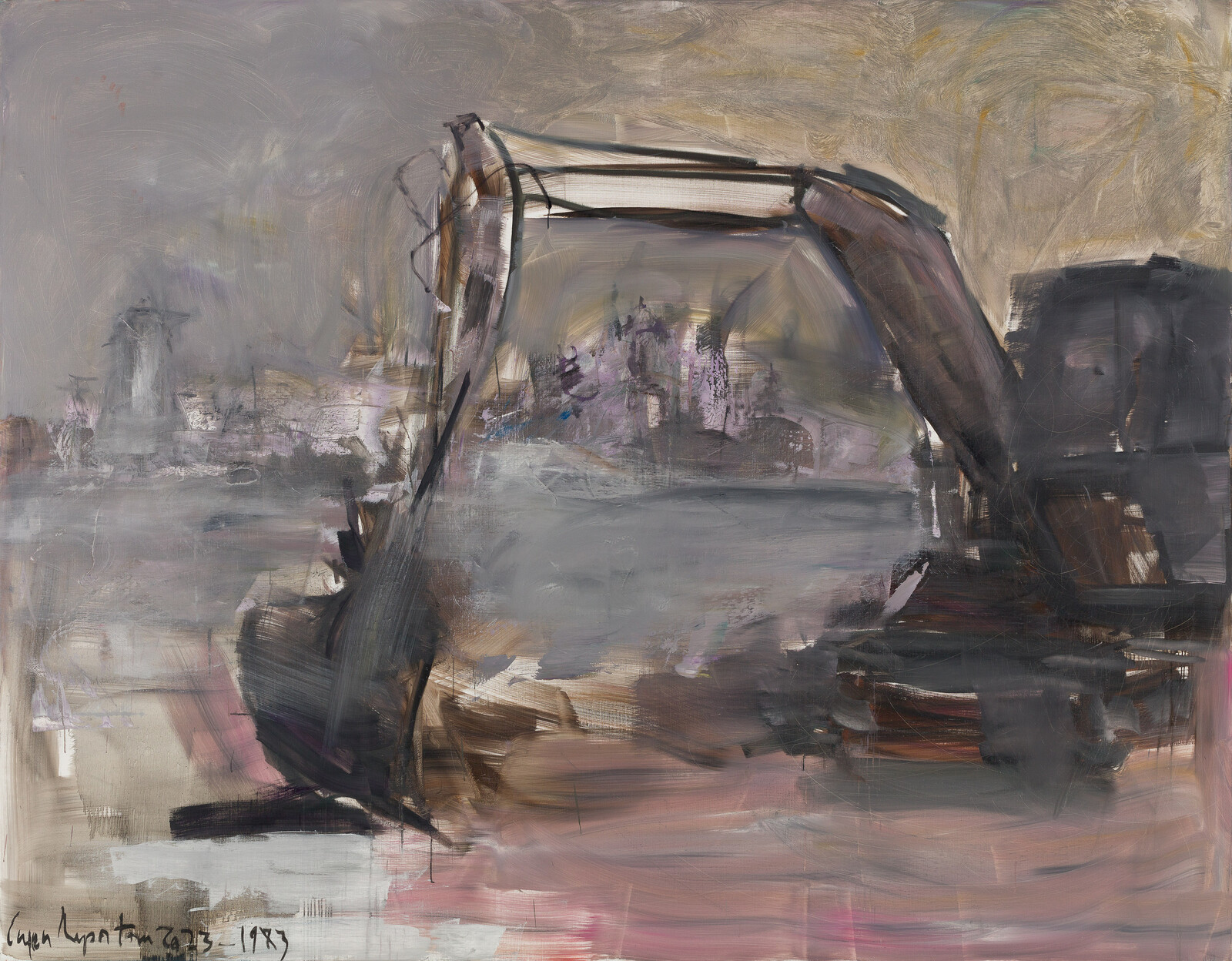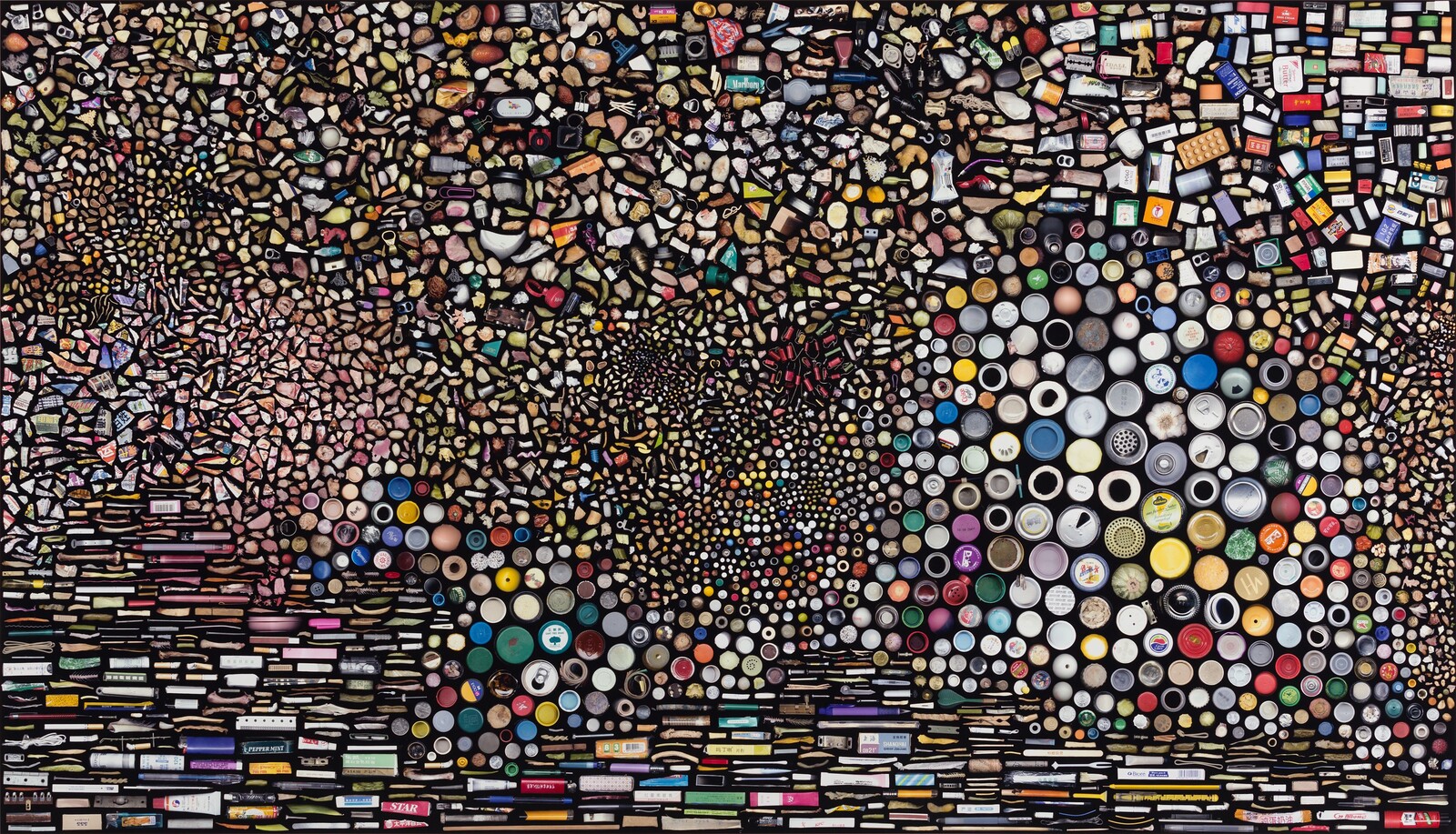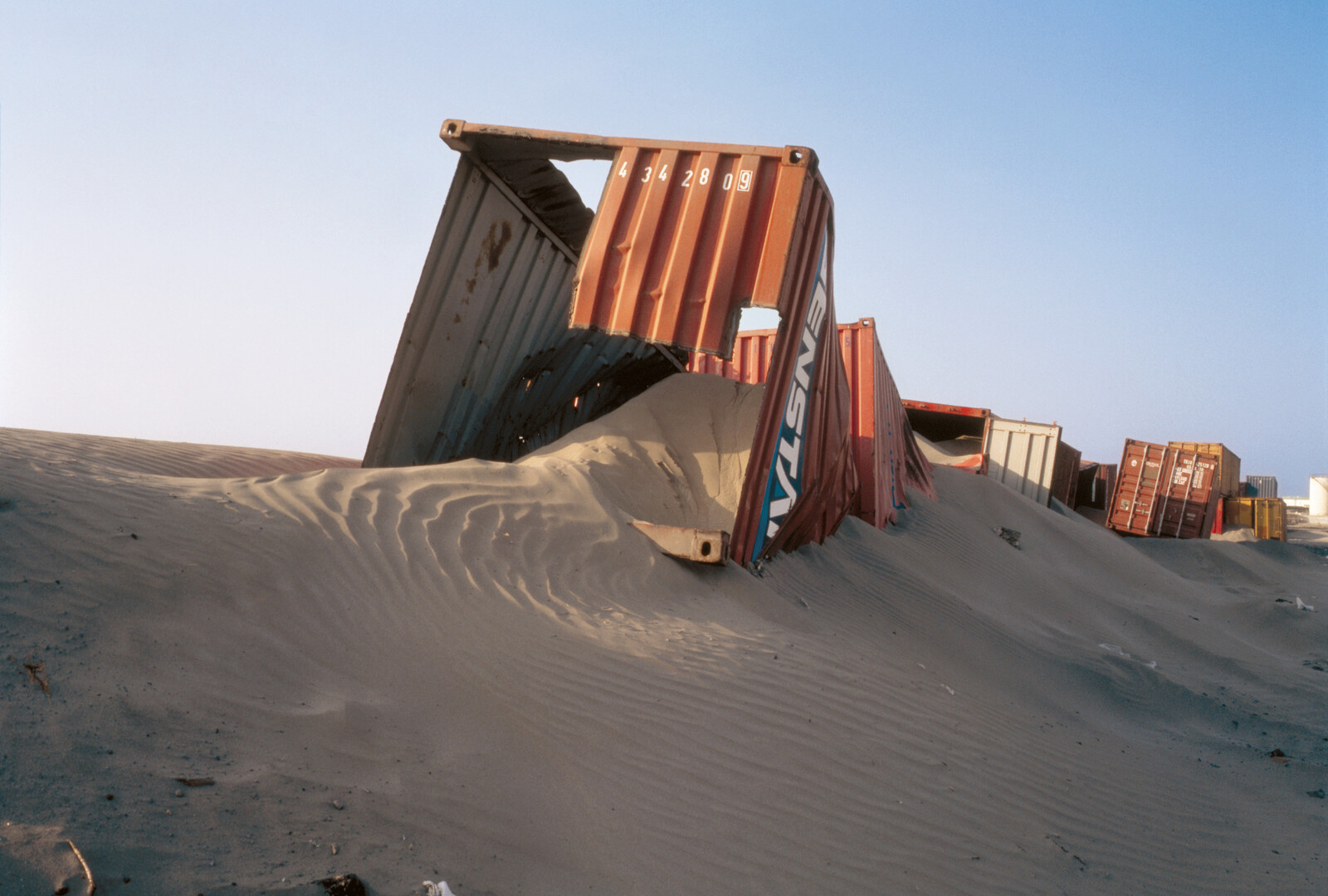Yuk Hui in Conversation with Brian Kuan Wood: Technology, Nationalism, and Post-Globalization
Planetary thinking should be oriented toward the future with a new conceptual framework. The obstacle is that today we still think primarily from the perspective of the nation-state and its economic and military interests. The planetary should not be confused with a new configuration of power between the states, such as a bipolar or multipolar configuration, because this does not change the nature of politics. For this would be the mere continuation of the politics of the nation-state; the difference would only be related to who has more power and more control over resources and the world market.
For Okwui Enwezor, the void of Ground Zero indexes the full manifestation of a Fanonian “tabula rasa” in which the entropic unleashing of excessive violence weakens and dissolves the “dead certainties” of the formerly stable Western liberal/imperial global order. Such systemic crises present an unforeseen possibility for the global majority, a “founding moment,” wherein subsequent structural reconfigurations allow for their demands to be more fully articulated. These articulated demands necessarily include artistic and cultural responses, which, Enwezor observes, “posit a radical departure from the system of hegemony that fuels the present struggle.”
Olga Touloumi, “Assembly by Design”
Okwui Enwezor’s Triennale articulated the challenges that globalization—and the movements of denationalization, decentralization, and de-hierarchization that arose from it—posed to the writing of modern and contemporary art history. Paris and its “excess of cultural capital” constituted, in Enwezor’s eyes, a fertile ground for revisiting the ethnographic model of otherness and reviving certain lessons from cosmopolitanism in the context of a tense cultural landscape.
Launch of e-flux journal issue #150: “Experimental Publics”
Over the past three decades, the global art world has thrived thanks to the infrastructures of peak globalization; it has consequently internalized value systems that are embedded in the alignment between liberal democracy, the progressive state, and neoliberal metrics of economic stability. This alignment produces auxiliary notions in the art world that operate quite self-sufficiently—notions about certain artistic forms of production or distribution that embody liberal and progressive values in themselves, and about artistic “freedom” as a condition, rather than a product, of the system.
Kojève’s journey from philosophy to diplomacy was not a case of accidental wandering but the outgrowth of his Hegelian convictions. He held that critique without action is frivolous, dismissing the “fundamentally nihilist elements, known as ‘intellectuals,’ for whom non-conformity is in itself an absolute value”—those who, like Albert Camus, reveled in moral dissent yet sidestepped the arduous institutional work needed for durable change. A critique, Kojève said, that wants to be taken seriously cannot operate at a distance from the state.
African Film Institute Film Series: Sosena Solomon, Mpho Matsipa
